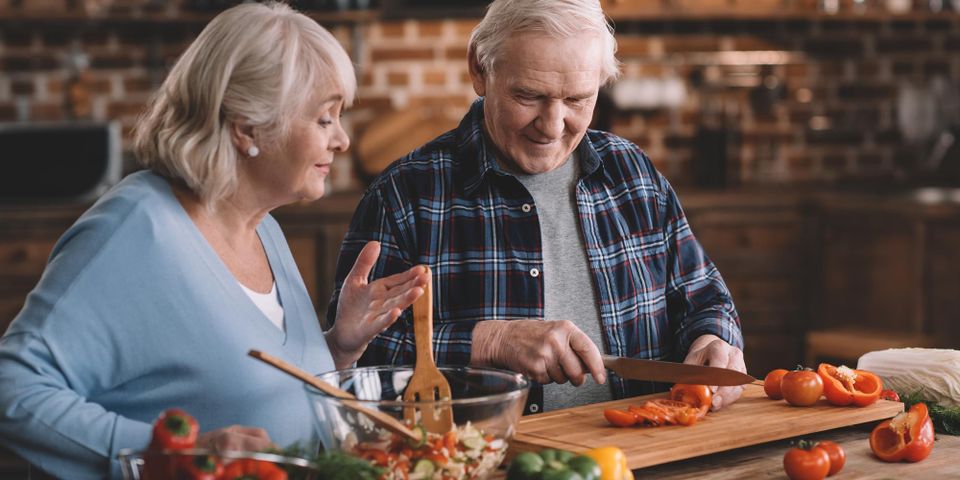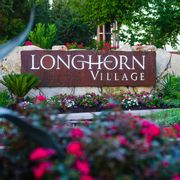
Having access to a healthy and balanced diet promotes not only physical, but mental, wellbeing. And yet, a person’s vitamin and nutrient needs tend to shift as they enter their 50s and 60s. The guide below explains these changes so you can update your senior care routine.
Understanding Nutritional Needs In Your Golden Years
What Vitamins & Nutrients Are Essential for Senior Citizens?
Maintaining strong and healthy bones is a top priority for senior care. To bolster bone health and prevent osteoporosis, they should embrace a diet that includes at least three servings of calcium and plenty of Vitamin D to assist with absorption. Other beneficial nutrients include fiber to stay regular, potassium to lower blood pressure, lean protein to maintain muscle mass, iron to prevent anemia, and Vitamin B12 to promote healthy brain function and red blood cell counts.
What Should Elderly Individuals Eat?
 According to the National Insitute on Aging, individuals over the age of 50 require fewer daily calories. As such, prioritize healthy, nutrient-rich food choices. While vitamin supplements are useful, one’s daily diet should also lean toward fresh vegetables, plain yogurt, fish and other lean protein, and fruit. Older adults should also mind their salt intake as part of their senior care as sodium puts them at increased risk for heart disease, stroke, and high blood pressure. Additionally, exercise helps avoid weight gain and, in turn, weight-related health problems.
According to the National Insitute on Aging, individuals over the age of 50 require fewer daily calories. As such, prioritize healthy, nutrient-rich food choices. While vitamin supplements are useful, one’s daily diet should also lean toward fresh vegetables, plain yogurt, fish and other lean protein, and fruit. Older adults should also mind their salt intake as part of their senior care as sodium puts them at increased risk for heart disease, stroke, and high blood pressure. Additionally, exercise helps avoid weight gain and, in turn, weight-related health problems.
Longhorn Village is known in Austin and across the state of Texas as a nonprofit Life Plan Community that prioritizes luxury. As the retirement community of choice for former University of Texas students and staff, you can trust this senior care center to provide a strong sense of family, top-notch amenities, including a pool and fitness center, and healthy meals to keep their residents living their best life. To learn more about their onsite dining, visit their website. Or call (512) 266-5600 to schedule a tour today.
About the Business
Have a question? Ask the experts!
Send your question

